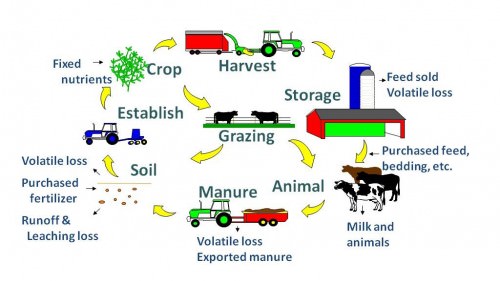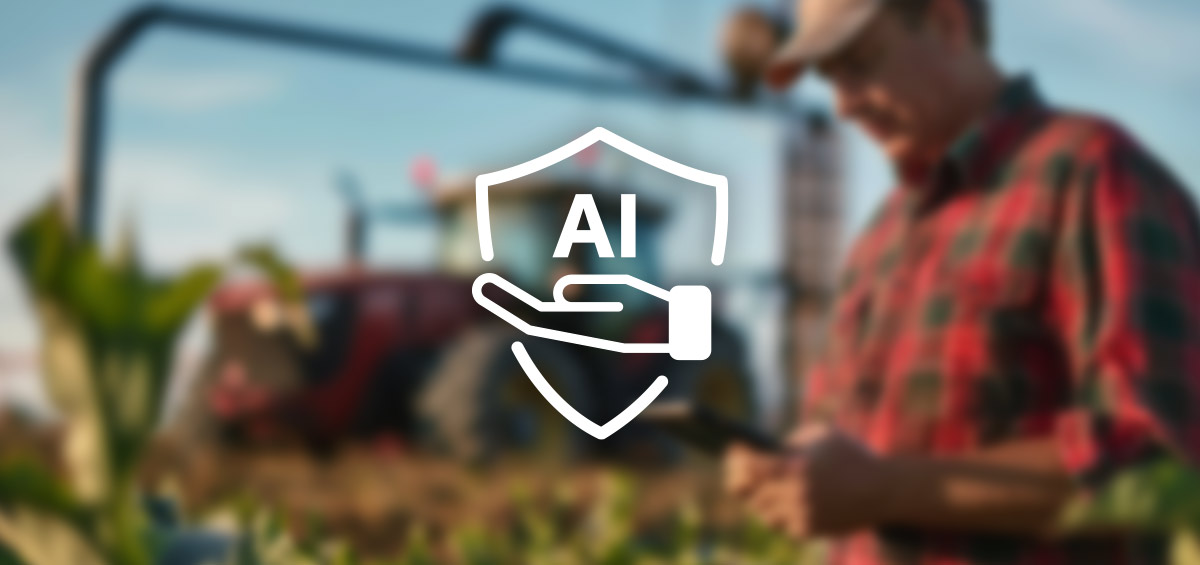
Integrated farming combines farming, food and the environment
The system includes the environment, soil characteristics, landscape positions, genetics, and ecology of plant and animals. It involves management practices, goals and lifestyles of humans, social constraints, economic opportunities, marketing strategies and externalities including energy supplies and costs and impacts of farm policies. Systems also reflect natural resources available and the impact on their use, wildlife issues, target and non-target plant and animal species, micro-organisms, and indeed all of the definable and indefinable factors that ultimately interact to result in an outcome that is never constant. Integrated farming system has many advantages:
- Increased productivity and profitability
- Sustainability
- Balanced food
- Environment safety
- Recycling of resources
- Income round the year
- Adoption of new technology
- Solving energy – fuel and fodder crises
- Avoiding deforestation
- Input-output efficiency.
In integrated farming crop protection takes into account all biological, technical and chemical methods which then are balanced carefully and with the objective to protect the environment, to maintain the profitability of the business and fulfill social requirements. Integrated Pest Management (IPM) is the preferred approach to crop protection and regards it as a pillar of both sustainable intensifications of crop production and pesticide risk reduction. IPM thus is one indispensable element of Integrated Crop Management which in turn is one essential part of the holistic Integrated Farming approach towards sustainable agriculture.
Integrated farming in the context of sustainable agriculture
Integrated farming gathers diversified components such as agriculture, horticulture, forestry and animal husbandry, thus making a stability farm. It’s always emphasized to combine cropping with other activities, such as poultry, piggery, mushroom cultivation, biogas plant etc.
Integrated farming systems project management and economics of integrated production system
There are also many factors affecting an integrated farming:
- Soil and climatic conditions of the selected area
- Availability of the resources, land and labor
- Present level of utilization of resources
- Economics of proposed integrated farming system
- Management skill of farmer.
Comprehensive Overview of Farm Operations with Farm Management Software
Aiming to reduce pesticide use, protect the environment, achieve sustainability and farm stability, every day more and more farmers converse their farms into an integrated farming system. It seems to be the answer to the problems of increasing food production, for increasing income and for improving the nutrition of the small-scale farmers with limited resources without any adverse effect on the environment and agro- eco-system.
Practicing integrated farming principles, farmers can track their whole farm production in AGRIVI farm management system as well. It allows them to manage all field activities, resources such as people, machinery and fields, inventory, and finances. In the end, it has a layer of analytics with KPI dashboards and printable reports which tie all the information together and give a great overview of overall farm health.
Find out what are the 7 key benefits of Farm Management software.






